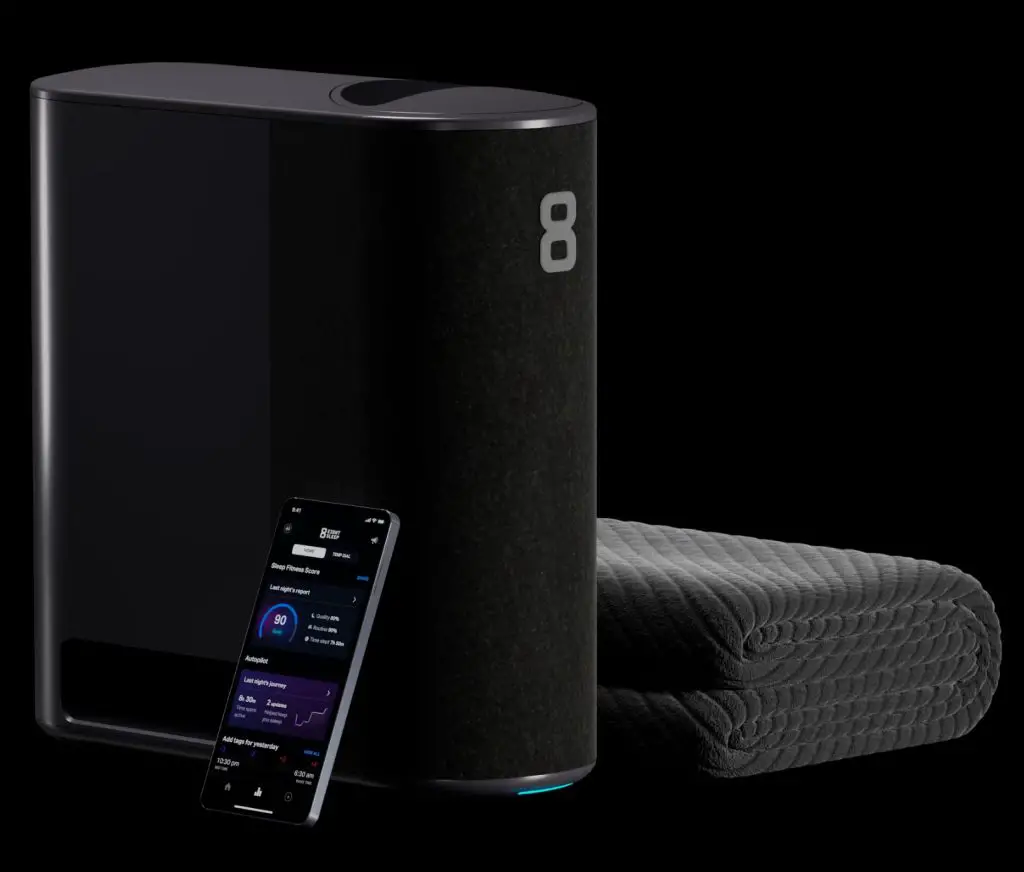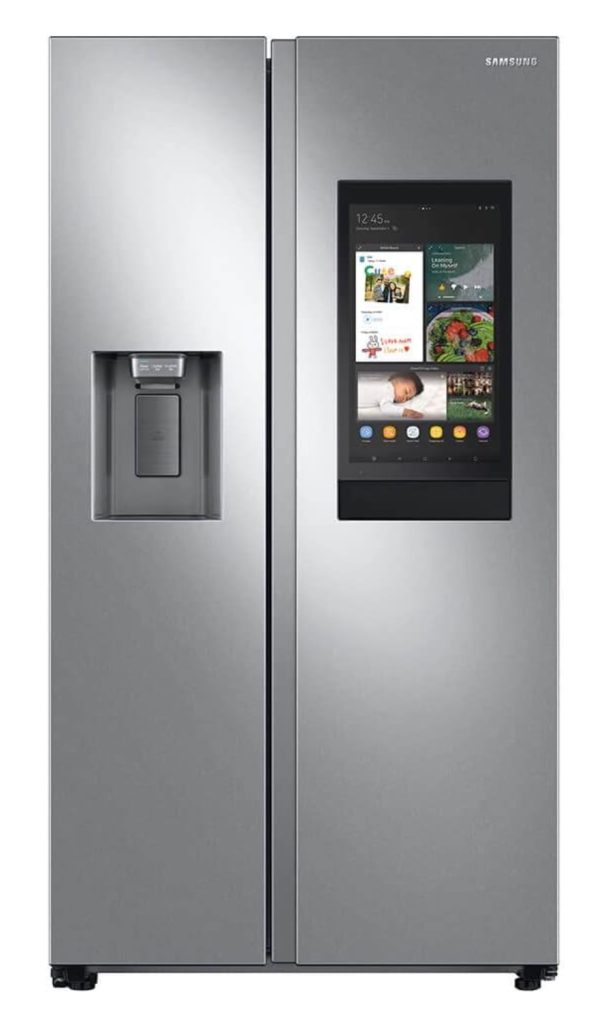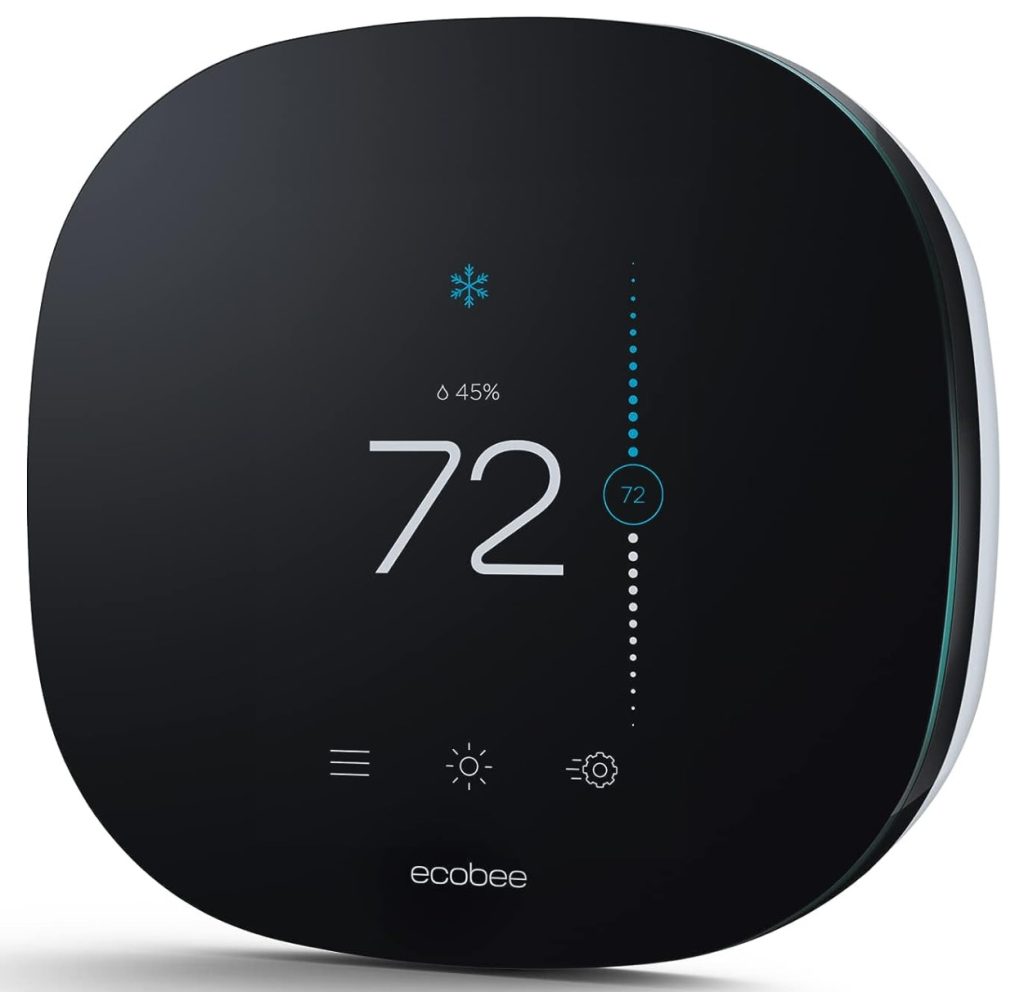Introduction: The Advantages of Smart Home Technology for Health
In the bustling landscape of contemporary living, the emergence of smart home technology has ushered in an era defined by unprecedented convenience and automation. Beneath the veneer of efficiency, however, lies a realm of untapped potential—a realm that wields the power to profoundly impact our health and overall well-being. In this comprehensive exploration, we will explore the multifaceted advantages that smart home technology bestows upon our health, from the discreet monitoring of vital signs to the nurturing of rejuvenating sleep and the seamless management of chronic conditions.
Revolutionizing Health Monitoring with Passive Precision
Imagine a scenario where your living space effortlessly transforms into a vigilant health ally, quietly monitoring your well-being without any disruption to your daily routine. This is precisely where the ingenuity of smart home technology comes into play. Innovative products like the Apple Watch Series 8 and Fitbit Sense have redefined wristwear, elevating it to the status of a health guardian. These unassuming wearables work tirelessly to continuously track vital signs such as heart rate, blood oxygen levels, and even ECG data.
The data collected is seamlessly transmitted to a central hub, such as the Amazon Echo Show, where it undergoes meticulous analysis. In the event of any irregularities, the system can autonomously alert medical professionals or even initiate emergency responses, all without any active involvement from the user.
The Sleep Sanctuary: A Silent Symphony of Slumber
Within the realm of sleep, the cornerstone of overall well-being, smart home innovations have heralded a transformative revolution. Enter products like the Eight Sleep Pod Pro and the Geek Smart Adjustable Smart Bed, true pioneers of this revolution. These ingenious mattresses employ embedded sensors to meticulously gather data on sleep patterns, body movements, and even respiratory rates.
The integrated AI of the mattress then analyzes this wealth of information and offers personalized insights and recommendations for optimizing sleep quality. Subtle adjustments, such as fine-tuning the mattress’s firmness or adjusting the room’s ambient temperature through a smart thermostat like the Nest Learning Thermostat, can be orchestrated to create an optimal sleep haven.

Empowerment Through Chronic Condition Management
For individuals grappling with chronic health conditions, the paradigm of a smart home assumes an entirely new dimension. Cutting-edge devices like the Philips SmartSleep Deep Sleep Headband provide a hands-free solution for managing conditions like insomnia. Harnessing passive EEG sensors, the headband identifies instances of disturbed sleep and employs subtle audio cues to facilitate a smoother transition to deeper sleep stages.
Moreover, smart medication dispensers like the MedReady can be seamlessly integrated into the home ecosystem. These unobtrusive devices ensure that medication schedules are adhered to through visual and auditory prompts, empowering patients to take charge of their treatment regimens.
Crafting Wellness-Conducive Environments
The concept of a health-conscious living space has undergone a profound transformation thanks to the advent of smart home technology. Through products like the Dyson Pure Cool air purifier and the Philips Hue smart lighting system, the environment within our homes can be meticulously tailored to promote holistic well-being. The Dyson Pure Cool transcends conventional air purifiers by employing HEPA and activated carbon filters to silently eliminate allergens and pollutants from the air, creating a haven for individuals with respiratory concerns. In tandem, the Philips Hue lighting system expertly simulates natural daylight patterns, a feature intricately linked to the regulation of circadian rhythms and overall mood enhancement.
Culinary Assistance and Nutritional Prowess
Maintaining a balanced diet often proves to be a formidable endeavor, yet smart home technology has emerged as an invaluable ally in this ongoing pursuit. Welcome to the world of smart refrigerators, epitomized by Samsung’s Family Hub series, which transcends basic food preservation to serve as virtual dietitians. Equipped with cameras, these refrigerators capture visual data on stored food items and employ AI algorithms to identify them.
By cross-referencing this data with comprehensive nutritional databases, these smart fridges provide real-time insights into the nutritional value of available ingredients and offer recipes that align with individual health goals. Smart grocery lists can then be seamlessly generated and accessed through voice commands via virtual assistants like Google Assistant.

Harmonizing Mental Well-Being with Automation
In an age characterized by relentless digital connectivity, nurturing mental well-being has assumed paramount importance, and smart home technology rises to the occasion. Devices like the Muse S Brain Sensing Headband offer an unobtrusive gateway to mindfulness and relaxation. Through the application of EEG sensors, the headband diligently monitors brain activity and provides real-time feedback during meditation sessions.
This passive engagement encourages users to remain present and focused, cultivating a profound sense of tranquility. Additionally, the Vitruvi Stone Diffuser, recently voted the best diffuser of 2023, disperses essential oils into the air, creating a serene ambiance that fosters relaxation and alleviates stress.
Guardians of Security: Peace of Mind Unveiled
Security stands as a cornerstone of overall well-being, and smart home technology establishes itself as an indispensable guardian in this domain. Systems like the Ring Alarm Security Kit, comprising motion sensors, contact sensors, and a base station, envelop the home in a protective cocoon. These devices function harmoniously to detect and deter potential threats.
In the event of unauthorized entry, the system can trigger an alarm, dispatch alerts to connected devices, and even initiate a direct call to emergency services. This passive yet potent security net ensures that residents can rest easy, secure in the knowledge that their sanctuary remains shielded.
Elevating Cognitive Engagement: Learning Made Smart
In the pursuit of holistic well-being, mental stimulation and continued learning play a pivotal role. Smart home technology steps up to foster cognitive engagement through unassuming means. Smart speakers like the Google Nest Hub Max serve as interactive learning companions. With voice-activated access to a vast reservoir of knowledge, these devices offer a passive yet enriching way to acquire new information and skills.
Additionally, smart home assistants like Amazon’s Alexa can curate personalized learning experiences, from daily trivia challenges to language lessons, seamlessly integrating mental exercise into our daily routines.
Seamless Fitness Integration: The Virtual Gym Partner
Physical activity is synonymous with good health, and smart home technology seamlessly integrates fitness routines into our lives. Products like the Peloton Bike+ and Echelon Reflect Smart Connect Fitness Mirror provide virtual fitness experiences that mirror the energy of a gym session within the confines of your home. These devices offer guided workouts, real-time metrics, and personalized coaching—all while discreetly tracking your progress.
By combining wearable fitness trackers like the Garmin Venu 2 with these smart fitness solutions, a comprehensive picture of your well-being can be effortlessly synthesized, enabling you to take charge of your fitness journey.
Supporting Aging in Place: A Silent Comfort
As the population ages, the concept of aging in place gains prominence. Smart home technology becomes a crucial support system for the elderly, providing comfort and safety without imposing on independence. Devices like the Lively Mobile Plus offer discrete wearable emergency buttons, ensuring that help is readily available when needed.
Smart home sensors, such as those by SensorPush, monitor environmental conditions like temperature and humidity, contributing to a comfortable living space. Fall detection systems, like the Apple Watch’s fall detection feature, can also offer passive safety measures, alerting caregivers or emergency services in the event of a fall.
Effortless Hydration and Wellness Tracking
Staying properly hydrated is not only essential for bodily functions but also a cornerstone of maintaining optimal health. Smart home technology offers innovative solutions that make hydration effortless and seamlessly integrate wellness tracking into your daily routine.
Smart Water Bottles: Beyond Mere Sips
Enter the realm of smart water bottles, where functionality and technology converge to keep you adequately hydrated. Leading the charge is the Hidrate Spark PRO Smart Water Bottle, a smart water bottle that goes beyond traditional hydration reminders. Equipped with embedded sensors, this intelligent bottle passively tracks your water consumption in real-time. Synced with a mobile app, it provides a visual representation of your progress towards daily hydration goals. Gentle reminders, illuminated by LED lights on the bottle’s cap, prompt you to take sips at regular intervals, ensuring that you maintain optimal fluid intake throughout the day. This passive approach to hydration tracking turns a simple act like drinking water into a mindful wellness ritual.
Eco-friendly Health Practices: Sustainability and Well-Being
A healthy lifestyle is inherently linked to the well-being of the planet, and smart home technology aligns these two aspects through sustainable practices. Smart thermostats like the ecobee SmartThermostat with Voice Control optimize energy consumption, promoting eco-friendly living while maintaining a comfortable indoor environment. The Philips Hue lighting system employs energy-efficient LED bulbs, reducing electricity consumption while enhancing mood and well-being. By making environmentally conscious choices seamlessly within the smart home framework, you not only prioritize your own health but also contribute to the health of the planet.

Conclusion: The Advantages of Smart Home Technology for Health
As the march of smart home technology advances unabated, its potential to augment our health and well-being becomes increasingly apparent. Through passive yet pervasive monitoring of vital signs, the facilitation of rejuvenating sleep, the astute management of chronic conditions, the creation of wellness-conducive environments, and the promotion of mental and physical engagement, smart homes emerge as steadfast sentinels of our health.
From the subtle cues of a sleep-enhancing mattress to the data-driven precision of wearable health monitors, the advantages resonate profoundly. With each innovation, smart home technology solidifies its role as an indispensable ally on our journey toward enhanced health and a brighter, more resilient future. As the symphony of smart home technology continues to evolve, so does the melody of health and vitality that enriches our lives.
If you enjoyed this article and are interested in family safety, please take a look at my recent review of the MonBaby Smart Baby Monitor.

Systems Engineer > Project Manager > Tech Entrepreneur > Health Consultant > Website Specialist
